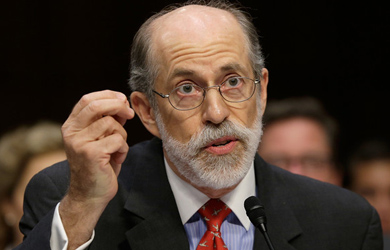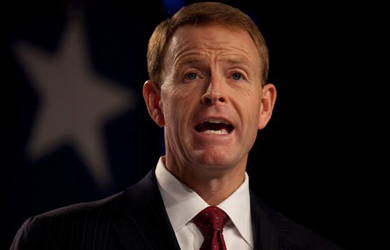Fired former National Review writer John Derbyshire is trolling us again, this time with a remarkable essay in Taki’s Magazine about how the military shouldn’t be concerned with rising numbers of sexual assaults because they are the fault of “eccentric” women who are “prone to behave eccentrically”…and anyway, “There is an entire continuum of consent.”
“Let’s talk about the ‘sexual harassment’ panic that is currently gripping the West,” Derbyshire implores, followed by a series of points in which he argues that the military shouldn’t be concerned about a rising incidence of assault and harassment in its ranks. (Emphases are mine).
(3) Women are strongly attracted to higher-status men. If male officers are in command of units containing women, human nature is placed under severe strain.
(4) Men who join the military are responding to widespread, innate male urges—the urge to break things and kill people, for example. Women who join the military are, by contrast, outliers in their sex. They are eccentric and prone to behave eccentrically. As a designated victim group, they are especially susceptible to the associated pathologies, e.g., victim hoaxes for attention,spite, or cash reward.
(5) The terms “sexual harassment” and “sexual assault” are ambiguous and open to manipulation by unscrupulous lawyers. It is not, for example, the case that sexual intercourse comes in precisely two clearly distinguished varieties, consensual and nonconsensual. There is an entire continuum of consent, ranging from forcible kidnapping/rape, to drunk-and-I-don’t-know-what-I-was-thinking, to licensed connubial bliss. (In this context I once asked a respectably married lady friend whether in her days of premarital freedom she had ever taken a man to bed and regretted it afterwards. She: “Afterwards? How about during?”)
(6) I hate to distract the attention of our senior military brains away from their labors on “Strengthening Military-Civilian Community Partnerships to Respond to Sexual Assault” (page 43) toward the distasteful business of fighting wars, but there may be some of that in our future, and it may bear some hard thinking all by itself—if not perhaps 1,803 pages’ worth.







